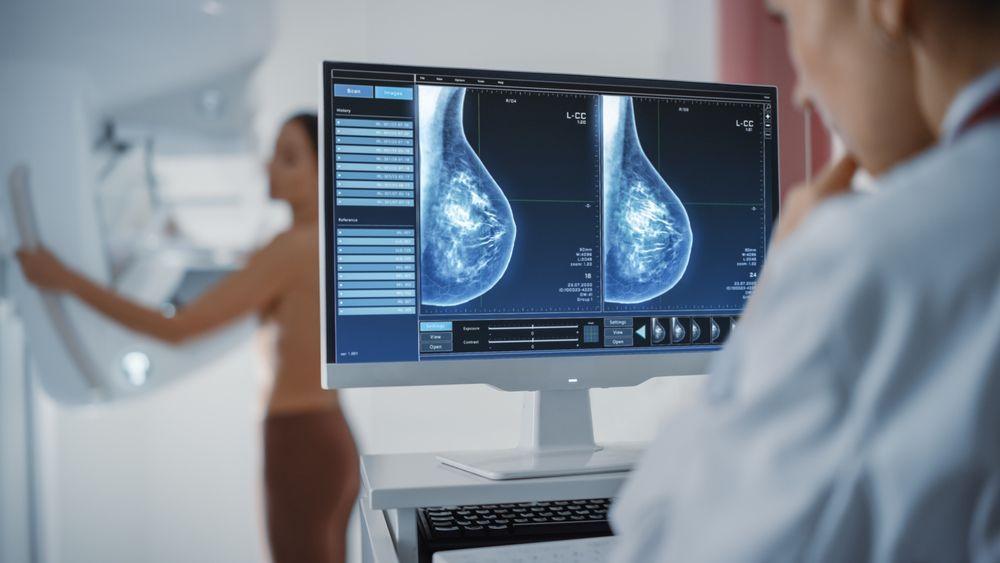Mastering Radiology Interview Techniques: Tips for Candidates
Securing a radiology position, whether in the public healthcare system, private sector, or international healthcare, requires more than just clinical expertise. A well-prepared and confident interview performance can make the difference in landing your ideal role. Understanding the expectations of interview panels, articulating your strengths, and demonstrating your suitability for the position are key to success.
In this guide, we provide practical advice and proven strategies to help radiologists excel in job interviews. Whether you are a newly qualified consultant or an experienced radiologist seeking career progression, these insights will enhance your confidence and interview performance.
1. Preparing for Your Radiology Interview
A. Research the Employer and the Role
The most important preparatory step to a successful interview is thorough preparation. Before the interview, research the employer gathering detailed information about the healthcare facility, the radiology department, key personnel and the scope of practice for the proposed job. Try to establish the identities of key decision makers and long term strategies for the service.
Key research areas:
- The hospital’s radiology department, range of services offered, and imaging technology available including any proposed upgrades.
- Subspecialist areas the department focuses upon (e.g. neuroradiology, MSK, interventional radiology) and level of expertise in these areas plus potential for development.
- The team structure and multidisciplinary collaboration, including the role of key decision makers.
- Recent research, publications, or projects undertaken by the department.
Tip: Review the job description thoroughly and assess your skills in relation to the employer’s requirements and your potential to realise career goals in the position.
B. Review Commonly Asked Radiology Interview Questions
Employers assess candidates on their technical proficiency, problem-solving ability, teamworking ability, and leadership skills. Prepare responses to:
Clinical and technical questions:
- How would you approach an incidental lung nodule on a chest CT?
- What are the key imaging features of intracranial haemorrhage on CT?
- Discuss the role of MRI in prostate cancer staging.
Problem-solving and critical-thinking questions:
- How would you handle an urgent discrepancy in a scan report?
- A referring clinician disagrees with your radiological findings. How would you approach this situation?
Behavioural questions (competency-based):
- Describe a time when you managed a high-pressure workload.
- How do you prioritise tasks when handling multiple urgent cases?
Teamworking Competency:
- How would you manage a working relationship with a difficult colleague?
- How would you deal with a poorly performing registrar or junior doctor?
Ethical and governance questions:
- How do you ensure patient confidentiality in remote radiology work?
- What steps would you take if you suspected a colleague was making frequent diagnostic errors?
Tip: Practice your responses! Conduct mock interviews with peers or mentors to refine your answers.
C. Know Your CV Thoroughly
Employers often ask about qualifications and experiences listed on your CV. Be prepared to discuss:
- Specialist / Residency / Vocational Training program structure and content, entrance criteria, assessments and format of final examinations.
- Fellowship or subspecialist training.
- Research projects and publications.
- Clinical audits and quality improvement initiatives.
- Teaching and mentoring experiences.
- Leadership roles and committee involvement.
- Continuing Professional Development Activities
Tip: Structure your responses using the STAR technique (Situation, Task, Action, Result) to provide clear, concise answers.
2. Mastering Your Interview Performance
A. Communicating with Clarity and Confidence
Effective communication is as important as clinical expertise. Employers look for candidates who can explain complex imaging findings clearly and concisely.
- Speak confidently and professionally.
- Avoid excessive medical jargon when explaining concepts
- Use concise, accurate responses without excessive loquaciousness.
- Structure responses logically—clinical approach → imaging findings → diagnosis → next steps.
- If unsure about a question, take a moment to organise your thoughts before responding.
Tip: Engage with the panel by maintaining eye contact and displaying positive body language.
B. Demonstrating Leadership and Teamwork Skills
Radiologists work in multidisciplinary teams, collaborating with clinicians, surgeons, and oncologists. Interviewers assess how well you will potentially function in a team setting with particular focus on meeting clinical goals.
- Sample Question: "Describe a time you played a key role in a multidisciplinary meeting."
- Strong Response: Highlight your ability to communicate imaging findings effectively, influence clinical decisions, and work collaboratively.
Employers seek radiologists who can:
- Lead and contribute in Multi Disciplinary Team (MDT) meetings.
- Supervise, mentor and train junior doctors and radiographers.
- Resolve conflicts diplomatically.
Tip: Provide examples of situations where you improved patient outcomes through teamwork and leadership.
C. Handling Challenging Interview Questions
Some questions are designed to assess your problem-solving skills under pressure.
Difficult Question Example:
"You realise you made a diagnostic error in a report. What do you do?"
Good Answer:
- Acknowledge the mistake transparently.
- Communicate promptly with the referring physician.
- Issue an amended report with correct findings.
- Reflect on the case and implement strategies to prevent recurrence.
Tip: Always frame responses with a problem-solving mindset and a commitment to patient safety.
3. Final Preparations and Post-Interview Actions
A. Practical Tips for the Interview Day
- Dress professionally, whether the interview is in-person or virtual.
- Arrive early or test your internet connection and technology beforehand for online interviews.
- Bring a portfolio showcasing audits, publications, and CPD activities.
- Keep a notepad for key discussion points and follow-up questions.
Tip: Applying for jobs? Ensure you have the three vital documents (CV, cover letter and referee list) in up to date template format ready to be edited for each job application.
B. Asking Thoughtful Questions at the End
Interviewers appreciate candidates who show enthusiasm and engagement. Prepare insightful questions such as:
- What are the main challenges the radiology department is currently facing?
- What opportunities exist for career progression and subspecialist training?
- How does the team handle complex MDT cases and second opinions?
Tip: Avoid questions about salary in the first interview; these discussions typically happen later.
C. Following Up After the Interview
After the interview:
- Send a thank-you email to express gratitude and reiterate your enthusiasm for the role.
- Reflect on your performance and note areas for improvement.
- Follow up if you have not received feedback within the expected timeframe.
Tip: Still searching for the right radiology role? Submit your CV today and explore new opportunities!
Conclusion
A successful radiology interview requires the demonstration of strong clinical expertise combined with effective leadership, communication, team working and problem solving skills, enlivened by confident and articulate presentation. By preparing thoroughly, structuring responses effectively, and demonstrating your value to the employer, you can significantly improve your chances of securing your ideal role.
Ready to take the next step?
- Explore radiology job vacancies and apply today!
- Register your CV with our recruitment team to access exclusive opportunities.
- Have you recently attended a radiology interview? Share your experience and tips in the comments!
14 February 2025
Share this post on Social Media
Leave a Comment
SEARCH JOBS
Ready for a change? Whether you’re looking for higher compensation, greater autonomy, a better work-life balance, or just a change in scenery, we have job opportunities in wonderful locations across the world. Start your medical or dental job search today and embark on your next career move.
SIGN UP FOR JOB ALERTS
We believe everyone deserves to find their dream job. Be the first to hear about new practice opportunities in exciting locations across the world Simply sign up for job alerts in your chosen field, and we will email you when a new job in your specialty becomes available.


















